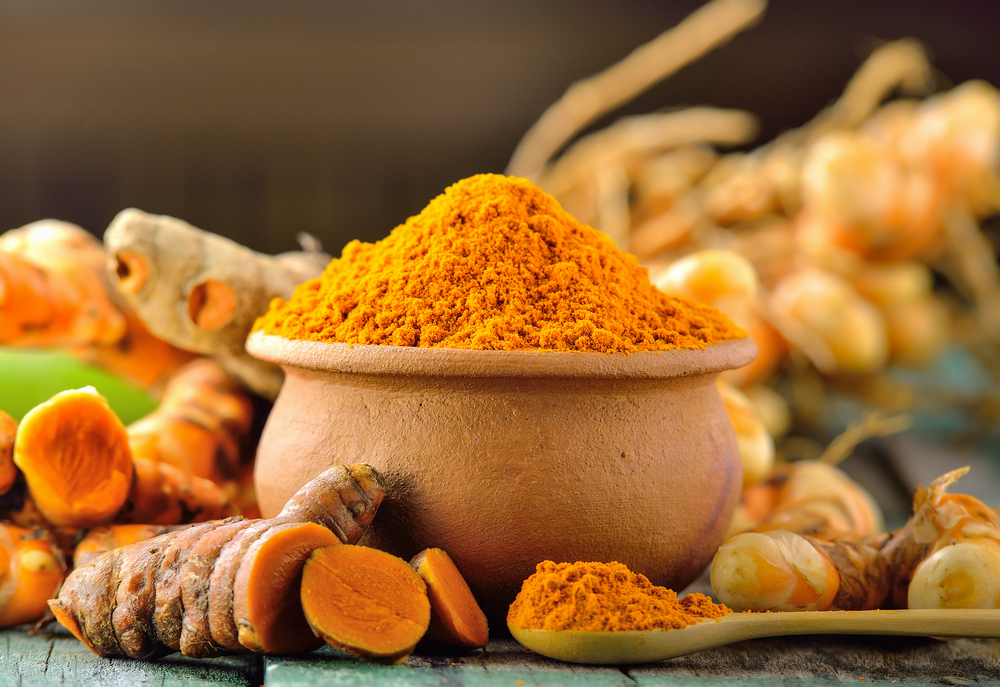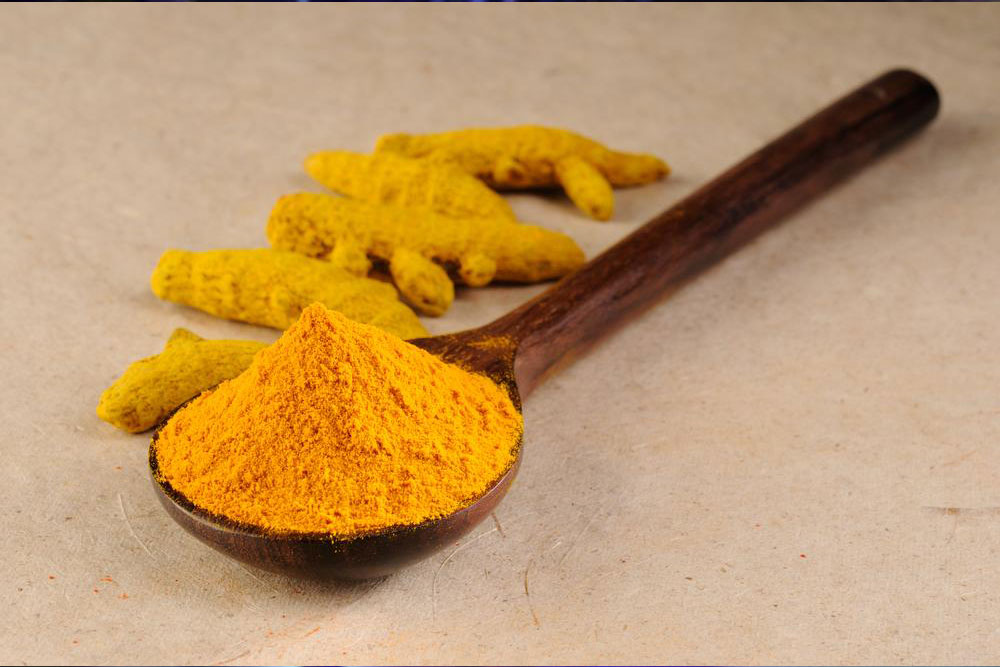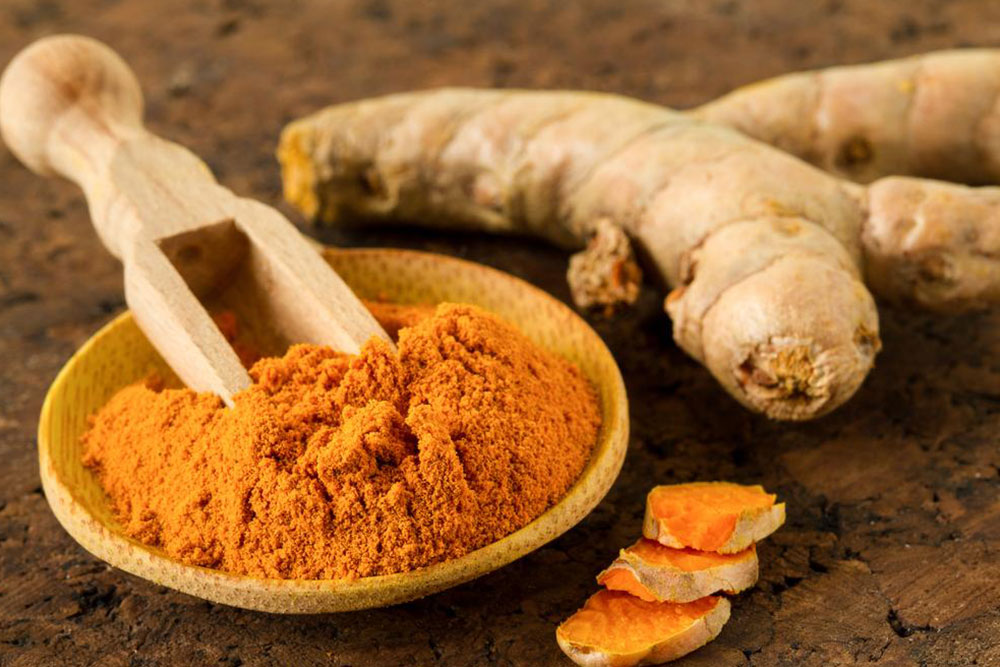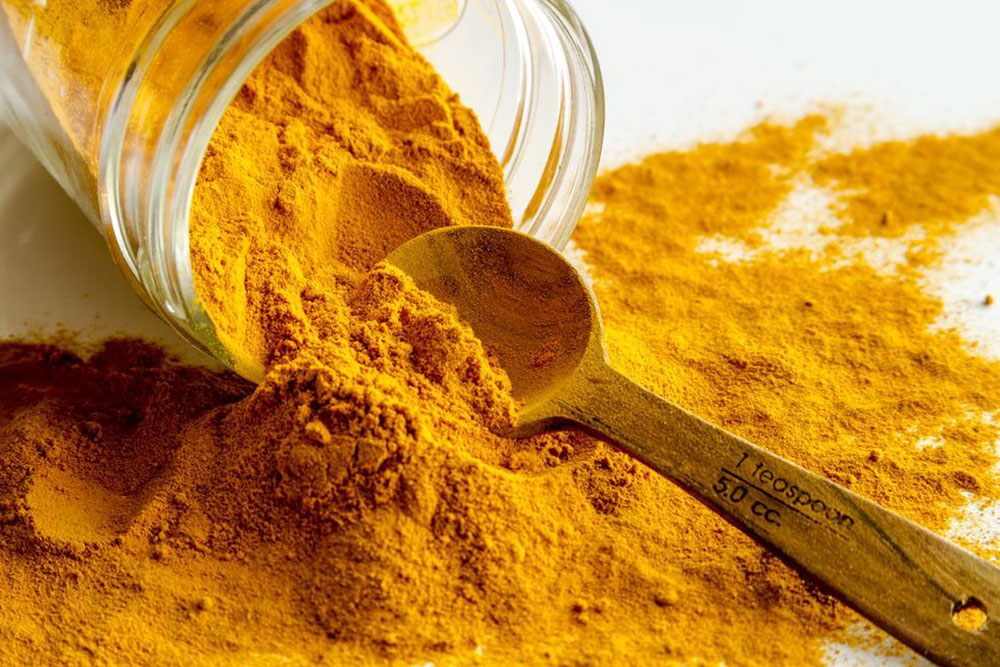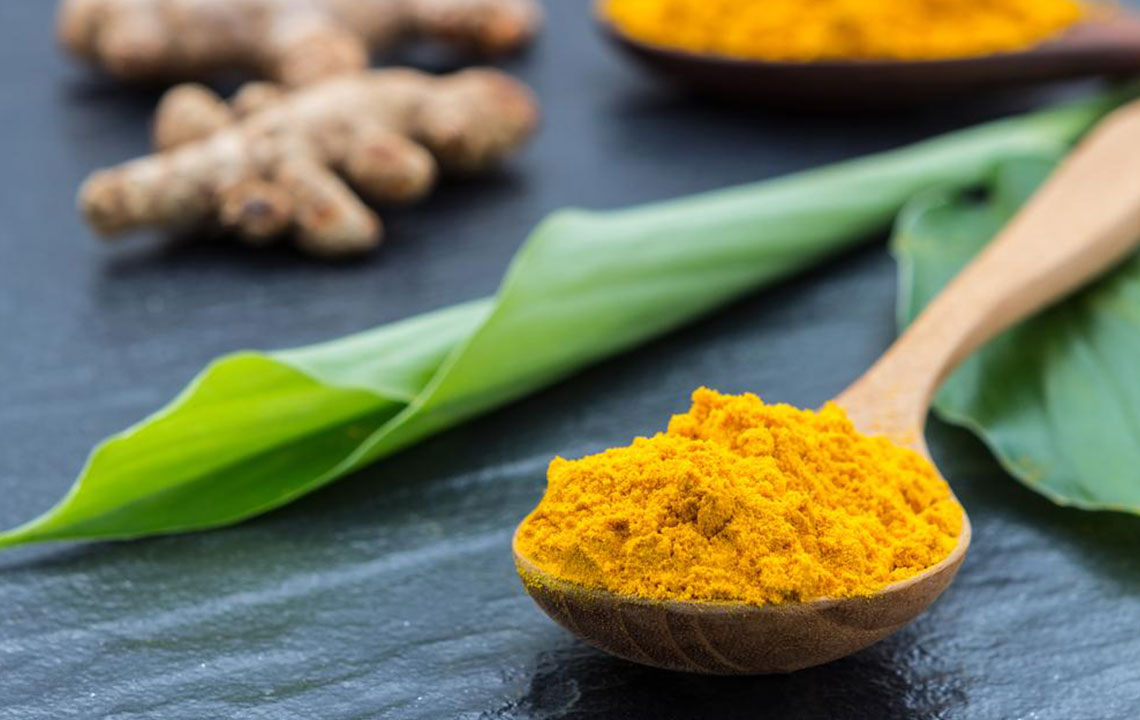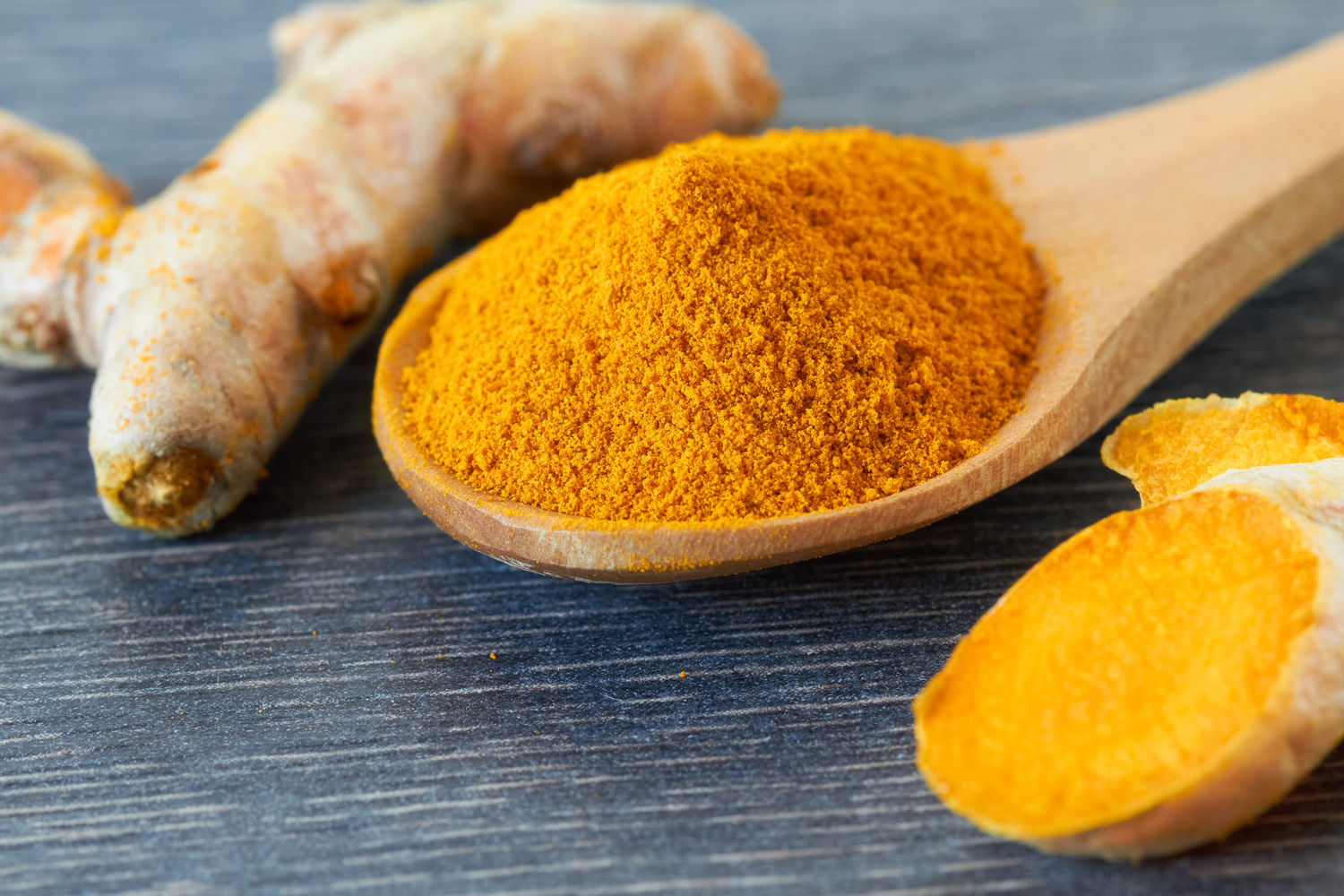The Healing Power of Turmeric in Arthritis Management
Discover how turmeric, especially its active compound curcumin, offers powerful anti-inflammatory and joint-protective benefits for arthritis patients. Clinical trials show turmeric can reduce pain, inflammation, and improve joint health, making it a natural complement or alternative to traditional treatments. Its antioxidant properties help counteract oxidative stress and protect cartilage and bones. Ideal for autoimmune and degenerative arthritis, turmeric may aid in managing symptoms and preventing progression. Consult your healthcare provider before adding turmeric to your regimen for personalized advice.
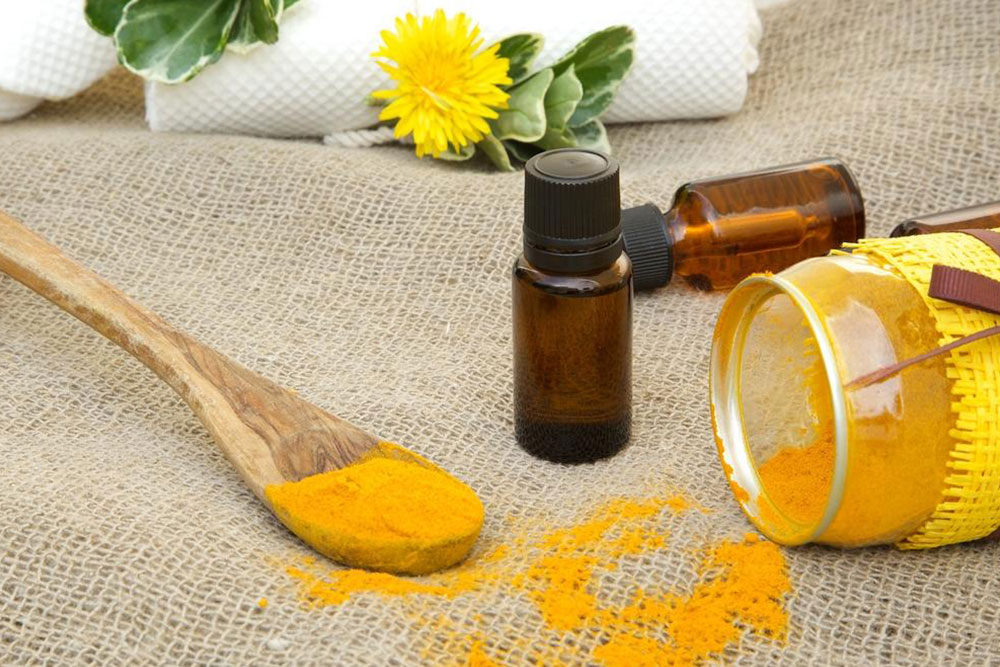
Leveraging Turmeric for Effective Arthritis Relief
Emerging studies highlight that curcumin, the key compound in turmeric, exhibits significant anti-inflammatory and anti-arthritis effects. Several investigations demonstrate that highly bioavailable curcumin supplements outperform traditional NSAIDs in alleviating rheumatoid arthritis symptoms, providing a natural alternative for relief.
Impact of Arthritis in the U.S.
Over 2 million Americans are affected by clinical arthritis, with numbers rising steadily. Rheumatoid arthritis is most common, often leading to disability. About 50–70% experience disability within five years of diagnosis, and many stop working within a decade.
How turmeric alleviates arthritis symptoms
Clinical trials confirm that turmeric extracts can reduce pain and joint inflammation in osteoarthritis patients, decreasing dependency on conventional medications.
Antioxidant properties of turmeric
Curcuminoids, powerful antioxidants in turmeric, enhance its anti-inflammatory effects. With about 94% curcuminoids, turmeric effectively lessens arthritis-related pain and swelling.
Why turmeric is highly effective for arthritis
Oxidative stress and imbalance between antioxidants and pro-oxidants cause joint tissue damage in arthritis. Turmeric’s antioxidant capacity helps counteract this process, protecting tissues.
Bone health benefits of turmeric
Inflammatory processes degrade cartilage and joint tissues. Curcumin shields chondrocytes—cells that maintain cartilage—preventing erosion. Studies suggest curcumin is comparable to betamethasone in protecting bones and joints, reducing joint fluid thickening, and maintaining joint flexibility.
Effectiveness in autoimmune arthritis
Some arthritis forms stem from immune system attacks on body tissues. Turmeric modulates immune responses, helping prevent activation of destructive immune cells. This makes it beneficial in autoimmune conditions like rheumatoid arthritis.
For long-term arthritis sufferers, consulting a healthcare professional about turmeric’s role in their treatment plan is recommended.
Note:
This platform provides informative content across various topics. While research-backed, articles should not replace medical advice. The information aims to guide readers but does not guarantee cures or specific outcomes. Always consult healthcare providers for personalized treatment plans.

